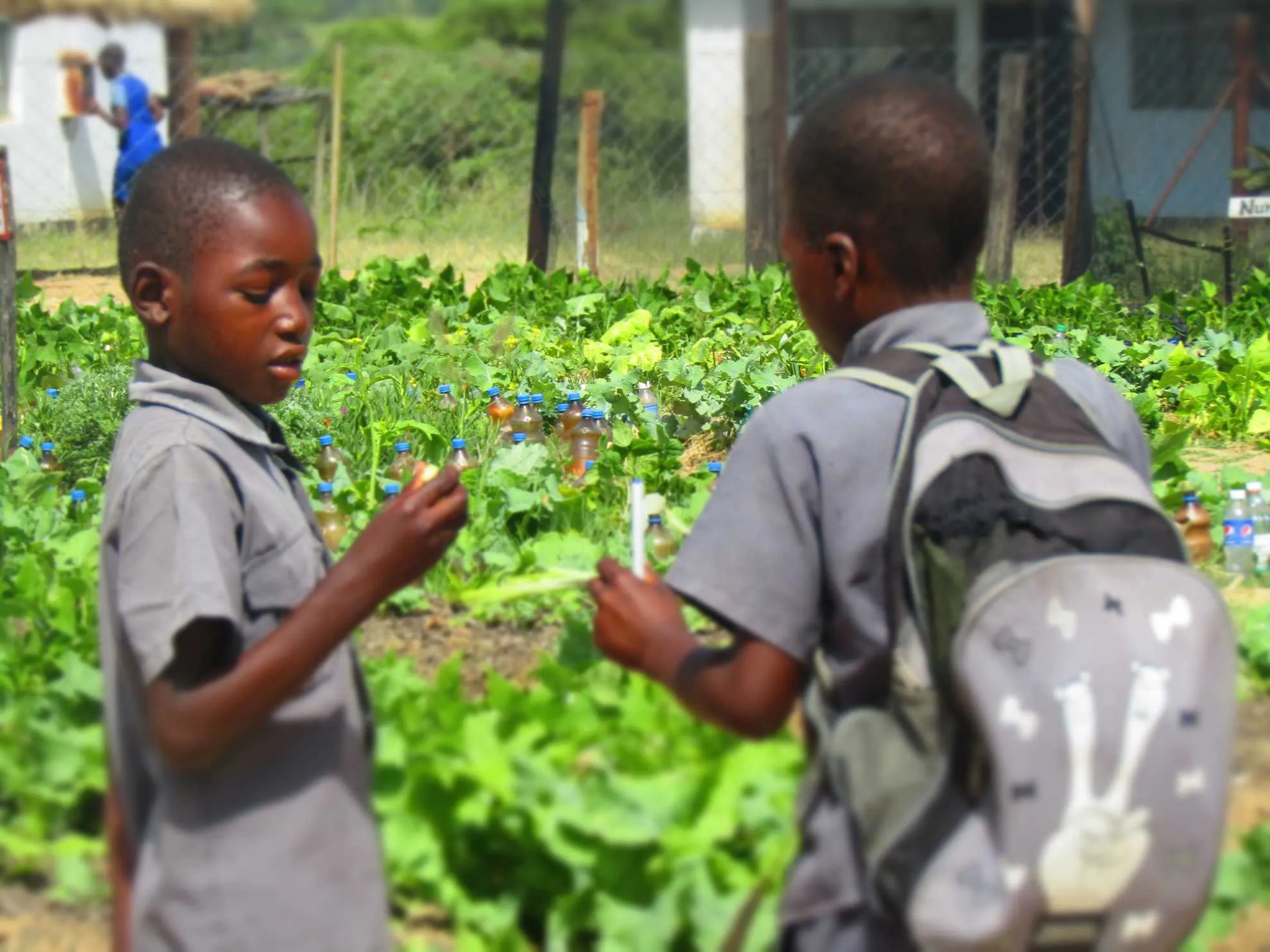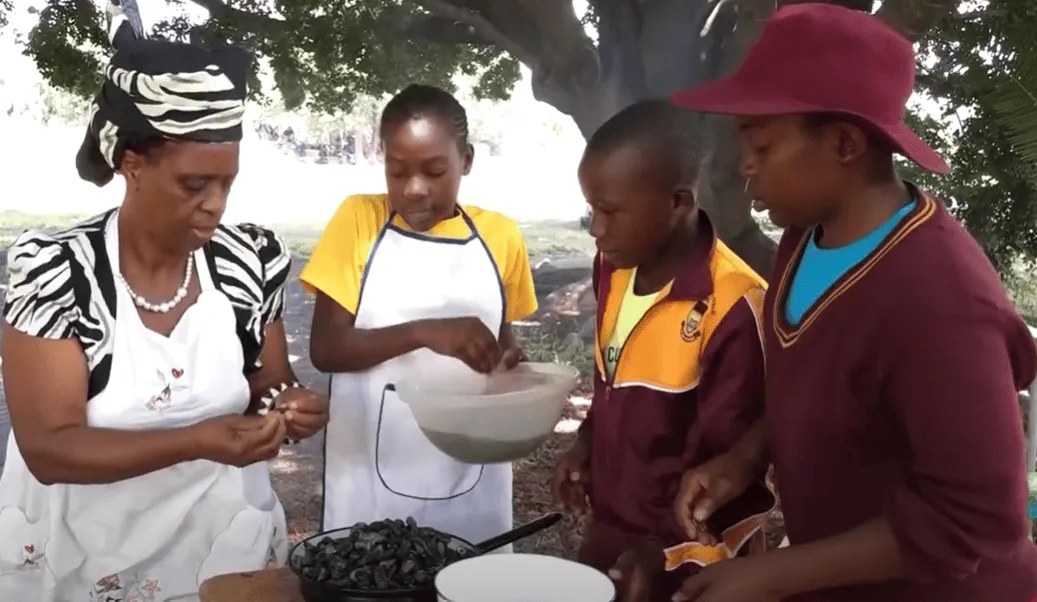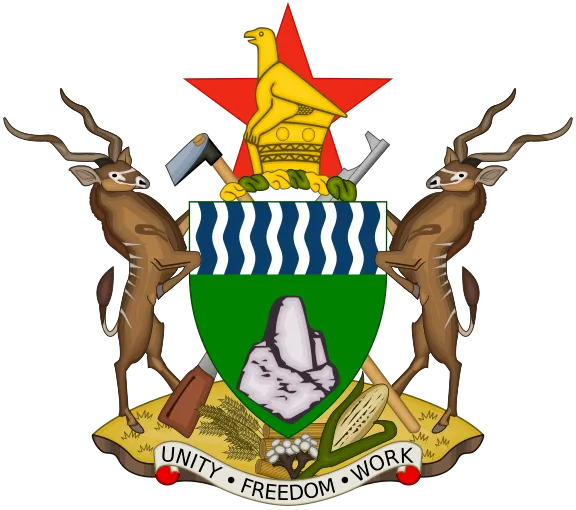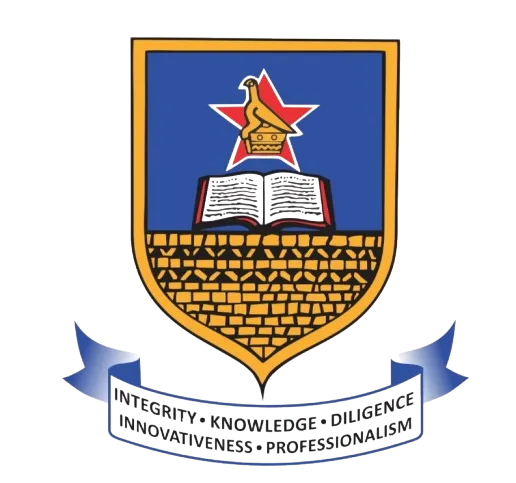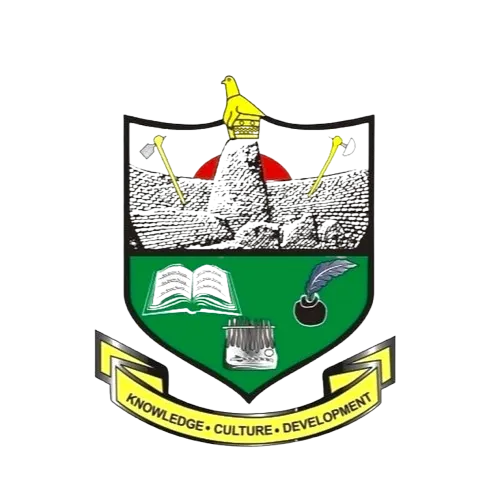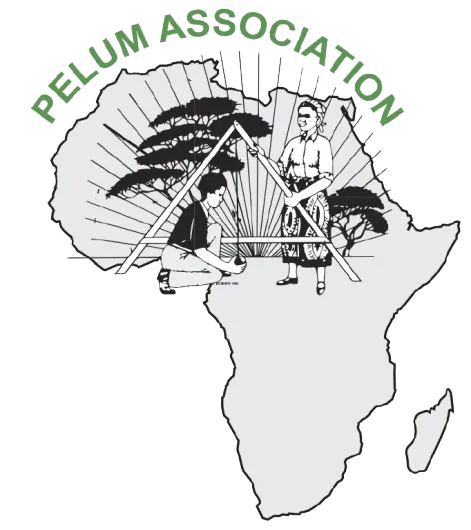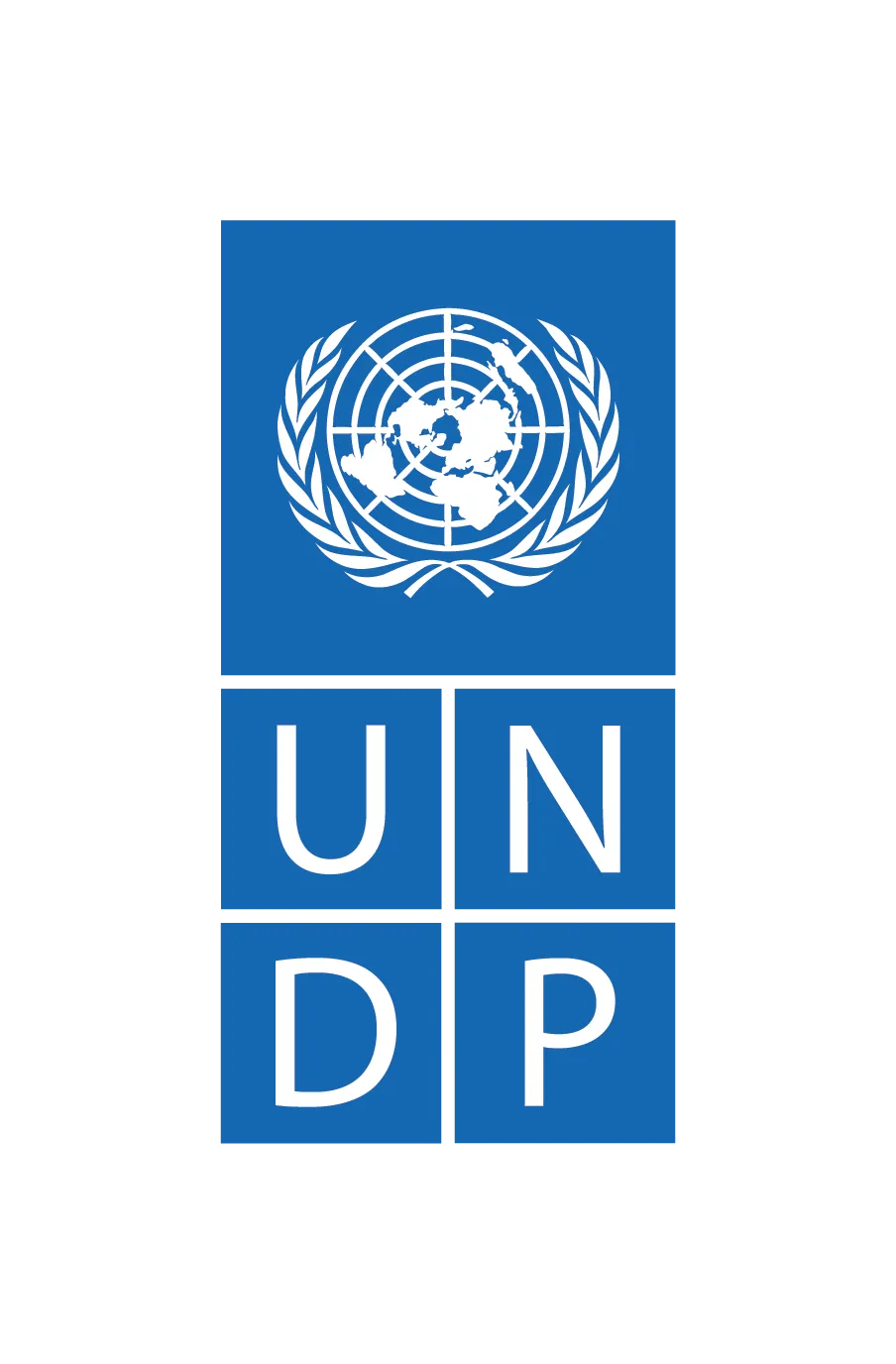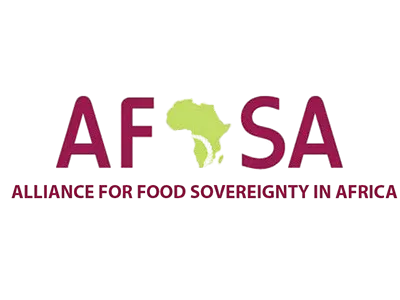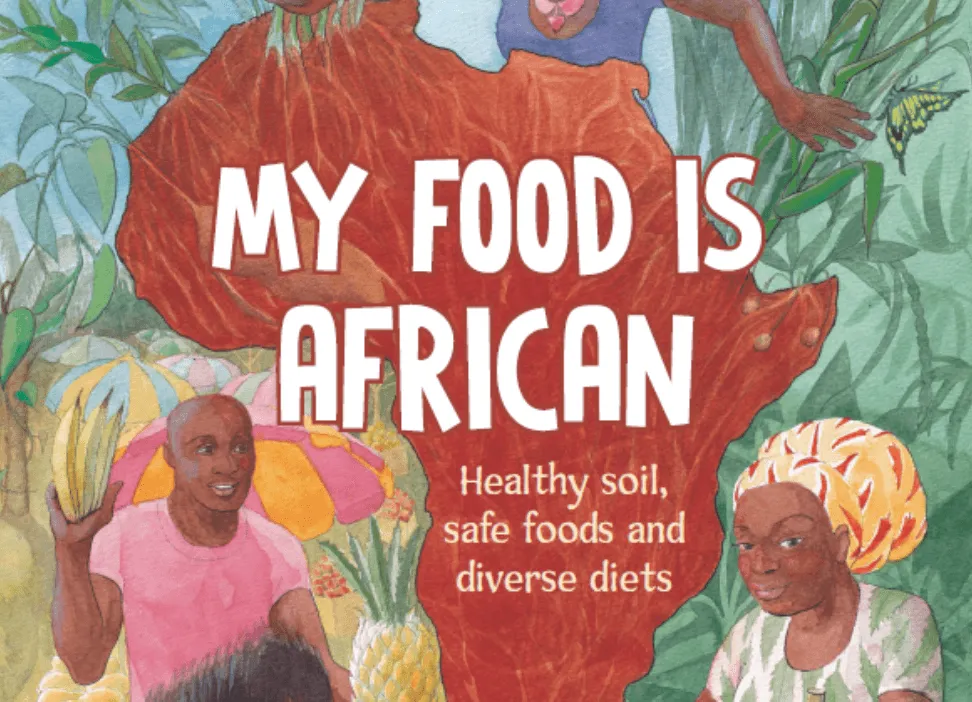
Transforming African Food Systems
The Transforming African Food Systems (TAFs MFIA) project is implemented by ReSCOPE through SCOPE Zimbabwe in Zimbabwe under the My Food is African (MFIA) campaign. The project runs from January to December 2025, and it seeks to transform perceptions and practices around African food through culturally relevant, community-driven approaches. It focuses on three main outcomes: raising awareness and preference for healthy, locally sourced foods, building networks of food system actors, and influencing policy for sustainable food systems.

About The Project
The project aims to increase preference for healthy and culturally appropriate food produced without harming the environment by engaging teachers through curriculum integration workshops, developing learner-centered educational materials in diverse languages, and promoting local food through media engagement and documentary production. It also seeks to establish a strong network of food systems actors by organizing cluster festivals to showcase agroecological practices, launching a music and arts initiative that includes songwriting workshops and mentorship, and celebrating young talent through the MFIA Awards at the Seeding Local Cultures conference. Additionally, the project supports policy change by conducting participatory action research within communities, presenting findings at national conferences, and holding policy dialogues with the Ministry of Education.
Youth Promoting Agroecology
The youth-promoting agroecology through integrated land use management for nutrition enhancement and income diversity project is being implemented by SCOPE. The project seeks to increase nutrition in schools and diversify incomes in order to meet the schools’ needs. The project directly targets 865 school-going youth and children and 59 out of school youth aged 15-35 from three schools Musavezi Primary school, Tumba Primary School, and Nyamakari Secondary School. The targeted schools are located in Wards 12 and 13 of the Shurugwi District.
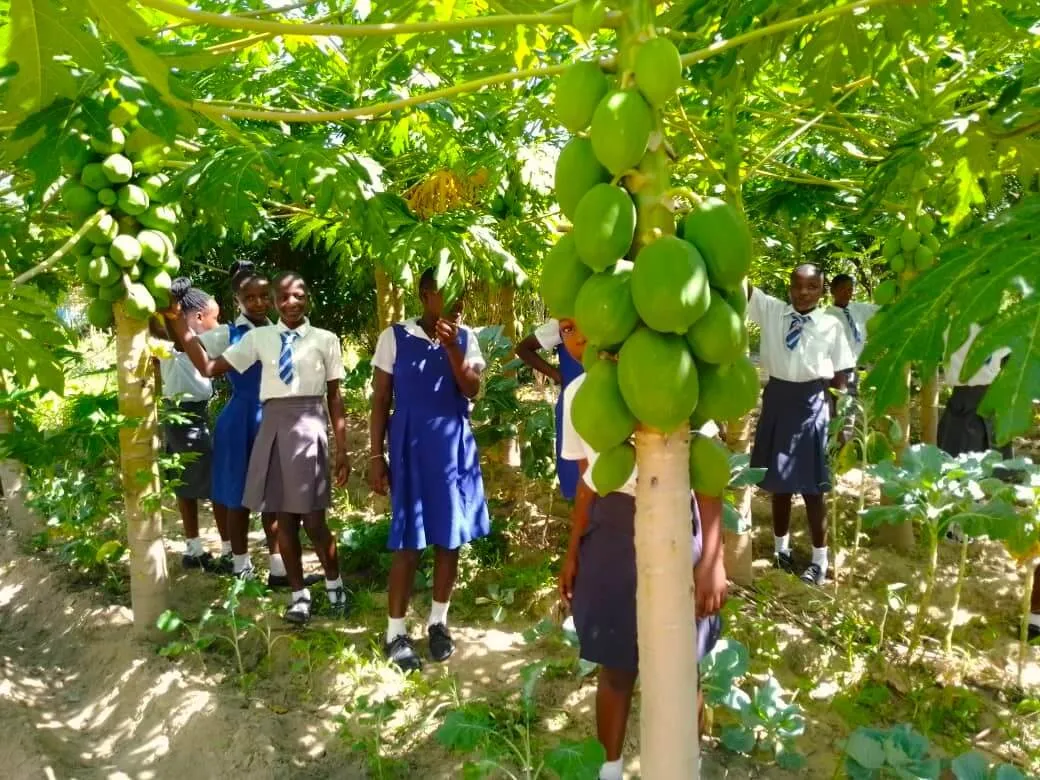
This Project Seeks To
1. To build the capacity of schools and villages in Shurugwi wards 13 and 15 for forest and agricultural land management in order to restore local ecosystem services essential in addressing nutrition and livelihood needs.
2. To facilitate an enabling environment for youth, children, and adults to plan, monitor, adapt and advocate for sustainable forest and land use management.
3. To engage children and youth in focusing on practical sustainable land use and forest management in Shurugwi to secure the continued flow of multiple ecosystem services such as; water provision, soil control, carbon storage, and sequestration essential in providing for the nutrition, dietary and livelihood requirements.
4. To enable youths, adults, and children to undertake social enterprises (in line with the new curriculum life skills and applied to learn) in plants and beekeeping in order for them to diversify their incomes and improve their livelihoods.

Seeding Local Cultures
Seeding local cultures seeks to respond to the erosion of indigenous knowledge and cultures that are connected to sustainability practices, in local communities in Zimbabwe and aims to address the need to bridge these now disparate ideas. Seeding Local Cultures is underpinned by the belief that cultural and environmental heritage is deeply intertwined and connected. With transgenerational knowledge sharing at its heart, the project brings communities back into the school as co-educators and co-researchers.
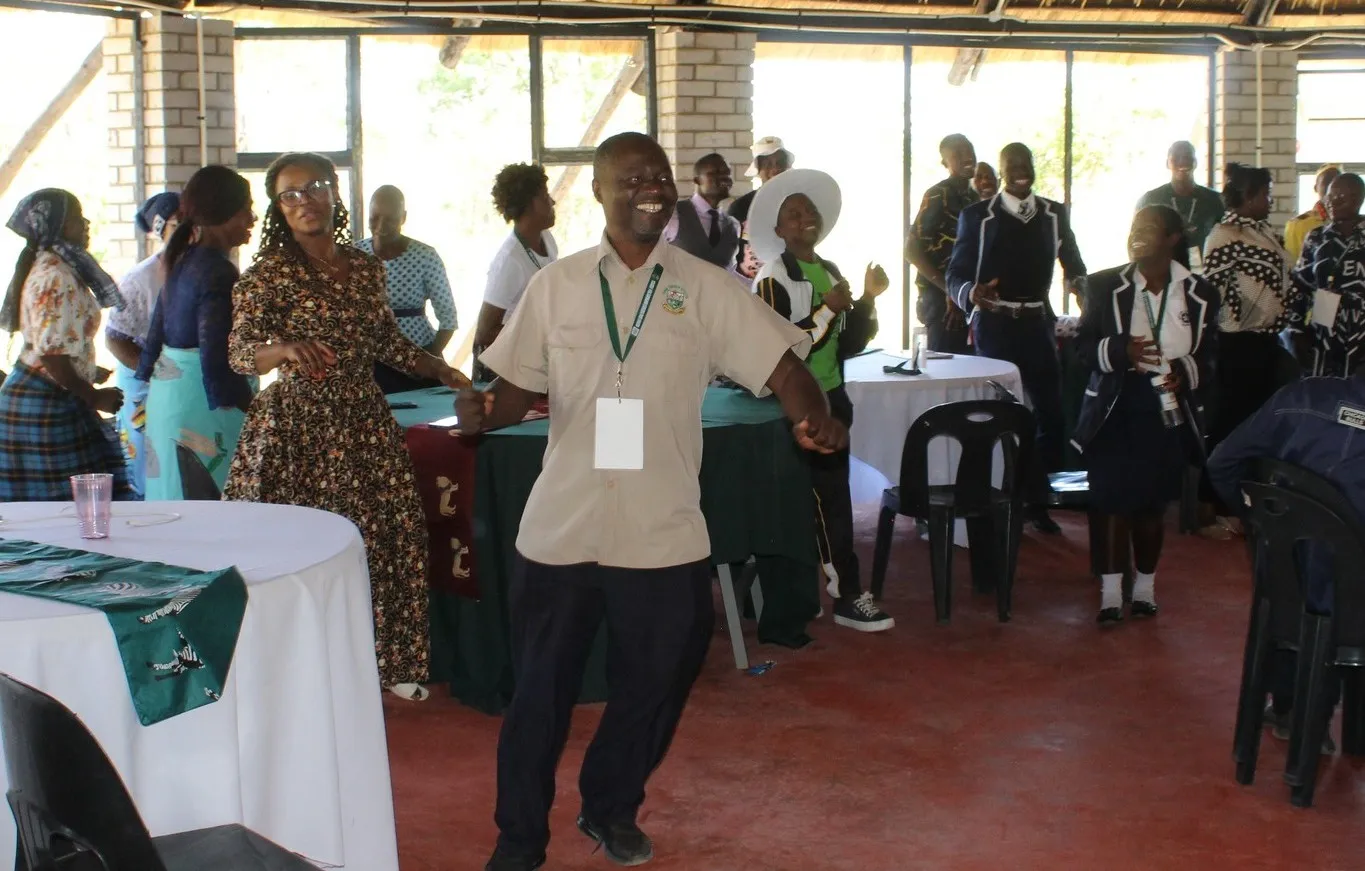
About The Project
The SLC project, which began in 2021, has become SCOPE’s most inclusive forum for discussing education gaps and the 2030 Agenda for Sustainable Development, particularly SDG 4. The SLC PAR brings together communities and academia to share learning, find solutions, compare notes, review progress, and lead the way in implementing the 17 Goals and the education agenda at the national platform.
The SLC symposium which is at the endpoint of the SLC project while post midpoint 2030 Agenda and provides an opportunity to assess progress towards addressing 21st-century challenges in education, particularly sustainability education. It also aims to deepen communities' ambition for a more inclusive, resilient, and sustainable future.
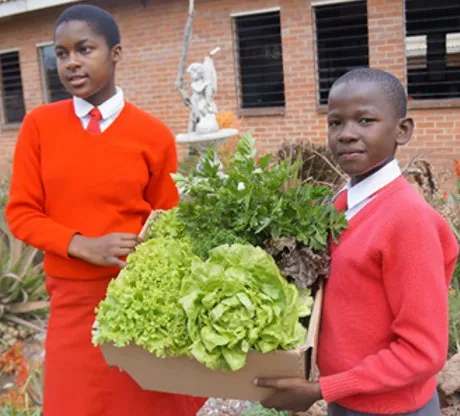
Green Schools for nutrition enhancement and climate resilience
This project targets schools across the country. It builds upon an existing initiative on Integrated Land Use Design (ILUD) which was introduced in November 2015. The project aims at improving the technical capacity of schools to become excellent centres of learning and advocacy for communities to adapt to the effects of climate change, land use management and improve food and nutrition diversification and income sources.

About the Project
This project’s key components are embedded within the Education Sector Strategic Plan (ESSP) 2016 -2020, on school health and life skills, school feeding policy, and inclusive education policy. The project focuses on helping the schools to become champions and lighthouses for sustainable land use and food sovereignty in the face of climate change. The project’s specific emphasis is on improving the quality of practice across the four elements: Getting integrated land use design (ILUD), Setting up permaculture, and agroecology practice, Supporting the nationwide school-based feeding program, Building resilience in communities by putting food sovereignty into practice.

Inspiration of Low-Carbon Lifestyles
The project supports the development of the Demo center named Chitubu/ Exaphozini which means ‘spring’ in our native languages. Here various workshops and activities take place in enhancing and teaching sustainable lifestyles. The project promotes sustainable lifestyles trough the use of various methods which involve permaculture and agroecology principles.
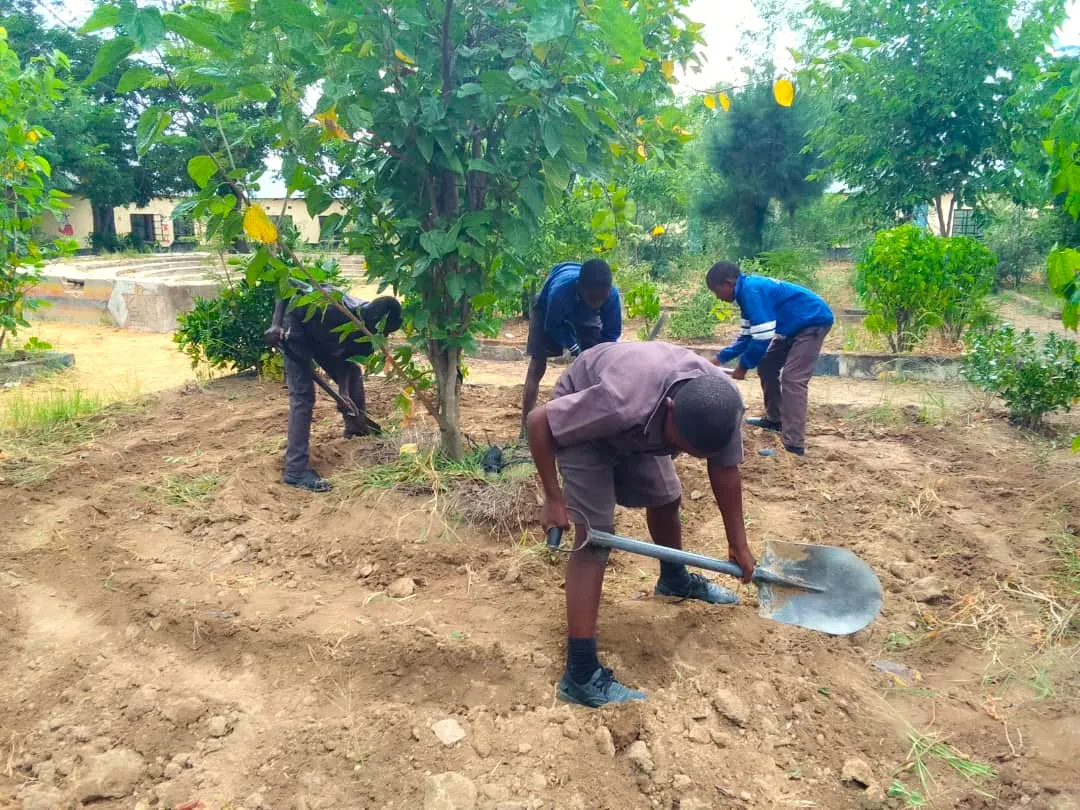
About The Project
The center aims to be a model in sustainable living and we take pride in advocating for holistic health and providing environmental education. The project focuses on the following activities which are being carried out:
- Practical Permaculture Design Course for Educators
- Annual holiday camps and cultural festivals for children and youth
- Follow up training sessions on food processing and action for natural medicine.
- Celebrations of local and international environmental and cultural days
- Earth building workshop
- The Youth Camp and Kids Camp
- Action for Natural Medicine (ANAMED) Workshop
- Annual Champions Gathering
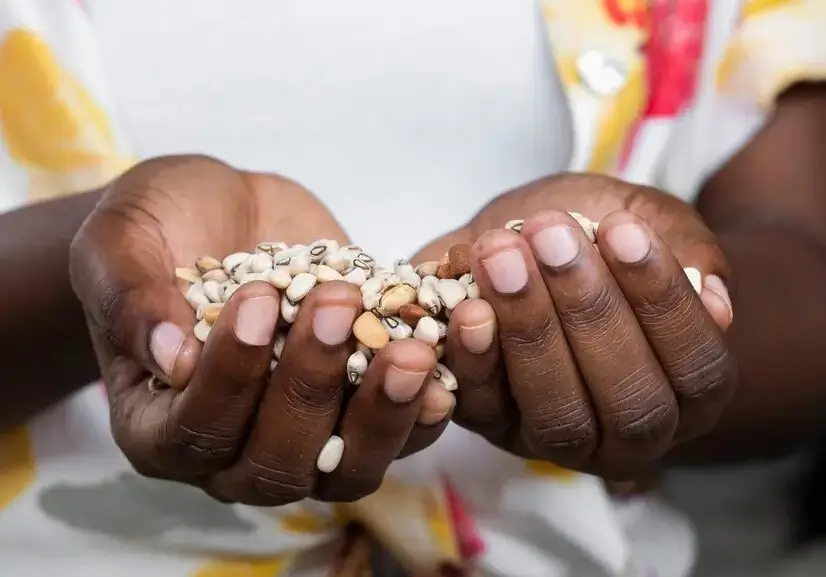
Seed Sovereignity
The Seed Sovereignty project is dedicated to promoting farmer seed systems through seed saving, seed multiplication, and agro-ecological practices. The project supports communities to revive their lost seed varieties as a way to diversify food production and reduce dependency on few grain crops like maize. By diversifying food production, farmers and their communities will not only benefit from increased nutrition but will also become more resilient to climate change. Chirumba High School in Bikita was selected as the pilot group for this project. A Baseline Survey and Seed Multiplication training were carried out successfully and seed has been distributed to the farmers for multiplication.

